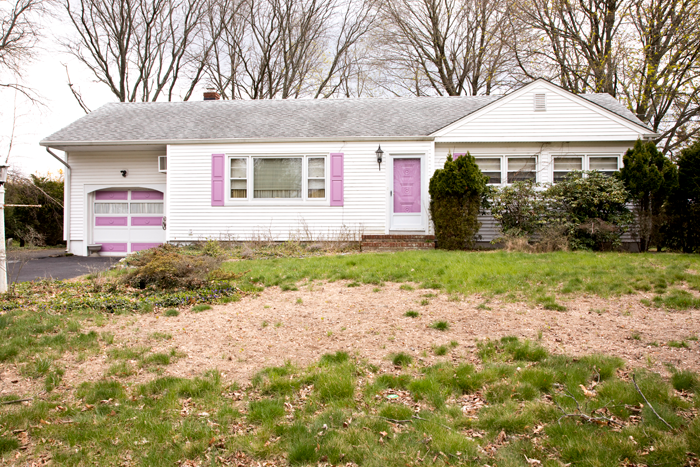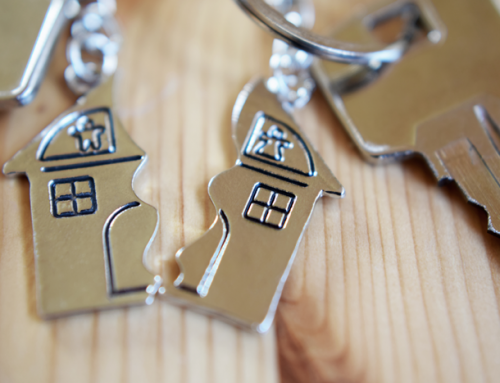Inheriting a house may not always be as incredible as it seems. An inherited home can often be emotionally taxing, financially complex, a whole lot of work or all the above!
Before you decide what to do with the inherited home, it is important to find out the following information.
Did you inherit the house by yourself or with others? In many cases, the house will be inherited not by just one person but by several people, such as brothers and sisters, cousins, aunts/uncles, etc. If others are involved, ascertain if they all want to sell the property. If so, determine who’s going to manage the process of the estate sale and selling the house itself.
It’s common for disagreements to come up on how to handle the sale of the inherited house when a diverse group of interested parties with different needs, interests, and financial motivations, is involved.
Was there a will? Determine if the deceased party had a will that specifically instructed what was to happen to the property upon their death. If the deceased did not specify an individual or died without a will, the house will typically have to go through the probate process. (Probate is the legal process by which the assets of a deceased person’s estate are passed on to their legal heirs).
Is there a mortgage? If there is a mortgage or a loan on the house, calculate what selling the inherited house will net you.
Are there other outstanding bills? Besides the mortgage debt, discover if there is any other outstanding debt you need to account for such as property taxes. Deduct those additional costs as well to find the net price.
What Are My Options?
Most people consider three options when they inherit a house.
The first option would be to live in the home. If you have favorable feelings associated with the property and it’s in a desirable location, that might be the choice for you. However, if you’re reading this article, you’re probably not interested in personally living in the inherited house and are looking toward other courses of action.
The next option would be to rent the property. Leasing to renters can provide income while allowing you to retain ownership of an asset that should appreciate over the long term. Although the income and possibility for appreciation are appealing, managing a rental property isn’t for everyone. When the plumbing leaks in the middle of the night, you’ll be the one the tenants call to sort out the issue. If a tenant doesn’t pay rent, you’ll be the one responsible for dealing with, and possibly evicting them.
For many people, managing a rental property just isn’t a role they’re interested in.
So, what’s the final option – to sell the property.
Selling your Inherited Home
Selling an inherited property can often be time-consuming and complicated.
If probate is involved, once the probate period is over, it’s time to sell the house. The first option is that one of the heirs buys the property. If one of the heirs is interested, families typically have two independent appraisers provide property assessments, then buy out the ownership stakes based on their joint determined value.
If there are no heirs with the financial ability to buy the others out, then most frequently the heirs will choose to sell the house and split the proceeds based on the will or probate court ruling. Then, how to sell the house comes into question.
You can sell your house yourself or through a real estate agent – a process which has its advantages and disadvantages, but generally requires you to do a lot of work on the property before selling. If you don’t want to do repair work, and you want to sell your inherited house fast for cash, your best bet is to sell to an investor. Depending on how much work the property needs, you may end up with the same amount of money in your pocket compared to selling with a real estate agent. And without the hassles– maintaining the property, getting an appraiser, waiting for buyers, paying commissions and closing costs – that open market sales entail.



